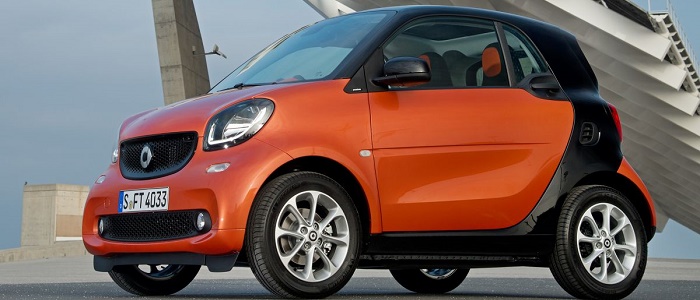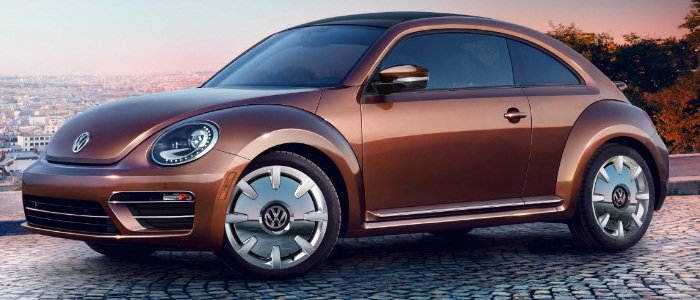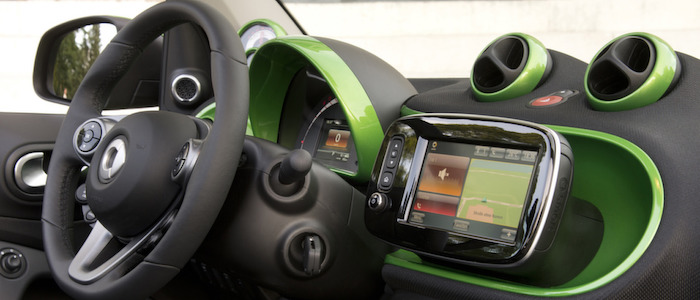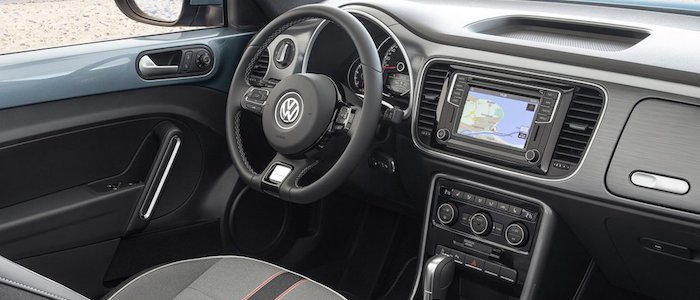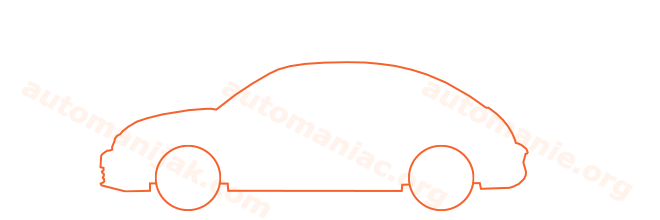Compare two cars
Compare any two cars and get our Virtual Adviser™ opinion
Dimensons & Outlines
Check vehicle history
Engine
Performance (manual gearbox)
Performance (automatic gearbox)
Expenses
Virtual Adviser's™ opinion
We are here considering two somewhat similar cars, but we can't deny some of the obvious differences. For a start, they are not even classified under the same segment, with the Smart being a micro car and the Volkswagen representing city car vehicle class. Another thing to take into account here is the wheel drive. The first one makes use of a rear wheel drive system, aiming at people who are enthusiastic about driving, and don't hesitate to push their car to the limit, even if that requires some additional effort in snow or ice, whereas the second one transfers the power and torque to the front axel only, making it perfect for those who use their car mostly to get from A to B, remaining in control during the slipery conditions.
SafetyBoth vehicles got tested by European New Car Assessment Programme (Euro NCAP), with the Volkswagen being a slightly better choice apparently. Still, apart from the official crash test results there are other things we need to be aware of. The second vehicle is a city car and that gives it a marginal advantage over the micro car competitor, at least that's what statistics show. Furthermore, if we'd like to consider vehicle mass in this context too, which we definitely should, Beetle offers a self-explainatory difference of 57% more metal.
ReliabilityI don't like generalizing things when it comes to reliability, although it does seem that Smart does have a slight advantage, when all the models are taken into account. That's the official data, while our visitors describe reliability of Smart with an average rating of 4.3, and models under the Volkswagen badge with 4.2 out of 5. Unfortunatelly, I don't have enough insight that would allow me to comment in more details on the specific models level. Above it all, drivers of cars with the same engine as ForTwo rank it on average as 3.0, while the one under the competitor's bonnet gets 4.6 out of 5.
Performance & Fuel economyVolkswagen is way more agile, reaching 100km/h in 3.5 seconds less than its competitor. In addition to that it accelerates all the way to 180 kilometers per hour, 29km/h more than the other car. When it comes to fuel economy the winner has to be ForTwo, averaging around 4.1 liters of fuel per 100 kilometers (69 mpg), in combined cycle. We can't ignore that 32% difference compared to Beetle.
Verdict
Volkswagen appears just a bit more reliable, although the difference is truly marginal. The most important thing when deciding between any two vehicles should always be safety, both passive and active. In my opinion, everything taken into account, Beetle beats the other contender by far, making it the best choice without even considering other things. It all continues in the same direction, with Volkswagen outracing its opponent in any situation possible, making it better choice for boy racers. It does come at a cost though, and that's the fuel consumption... All together, there's not much more to say, in this case I wouldn't even consider anything but Volkswagen. Anyway, that's the most objective conclusion I could've came up with and it's based solely on the information found on this website. Aspects such as design, practicality, brand value and driving experience are there for you to measure them out. In case you have two minutes to spare I invite you to define your needs, desires and budget and see which car would be chosen by the virtual adviser™, among thousands of similar, yet so different vehicles.























